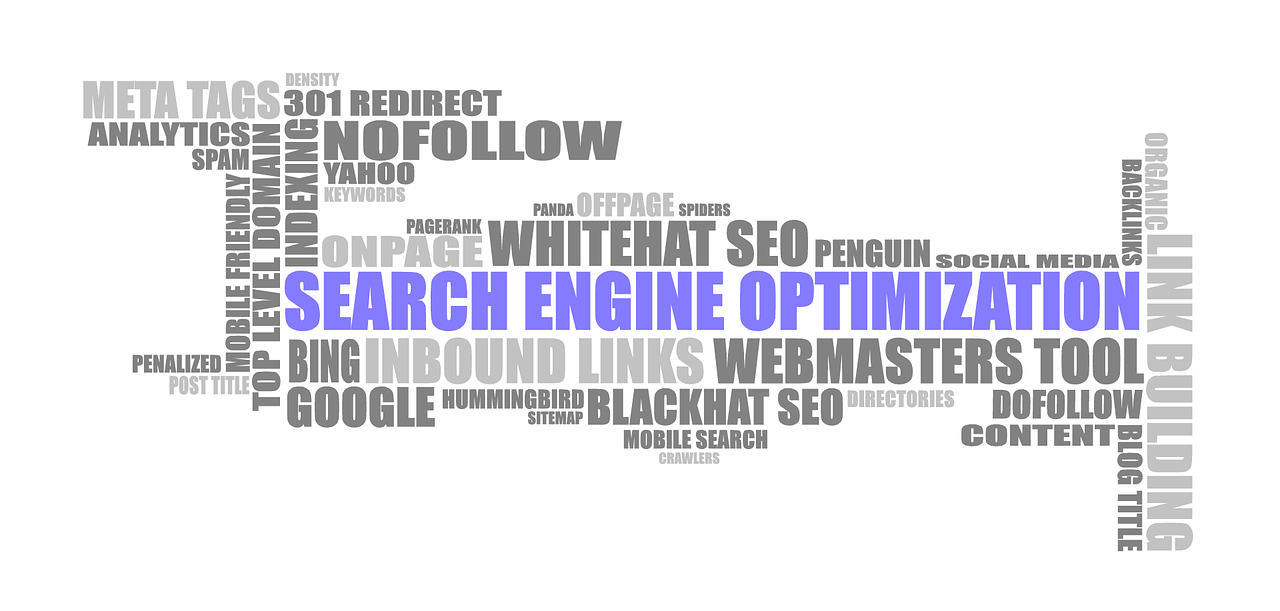The impact of page speed on search engine ranking
|
IN BRIEF
|
In the digital landscape, page speed plays a pivotal role in determining search engine rankings. As users increasingly expect instant access to information, a website that loads quickly is not only essential for enhancing user experience but also crucial for achieving higher positions in search engine results pages (SERPs). Research has consistently shown that faster-loading sites are favored by search engines, and this trend is likely to continue. The relationship between page speed and SEO is undeniable, as improving loading times directly influences factors like bounce rates, conversion rates, and overall website performance. Understanding this connection is vital for businesses aiming to optimize their online presence.
How Page Speed Affects SEO
Page speed is an essential element in the realm of SEO, directly influencing how well a website performs in search engine results. A website that loads quickly not only enhances the user experience but also tends to exhibit lower bounce rates. This means that users are more likely to stay on the site longer, thereby increasing engagement. When search engines like Google evaluate sites, faster loading times contribute positively to ranking algorithms. For instance, studies have shown that websites with optimal speed often reach higher placements on search engine results pages (SERPs). This correlation suggests that organizations focusing on improving loading times could see a substantial boost in their online visibility and ultimately, their conversion rates.
Moreover, the importance of page speed extends beyond just performance metrics. The Google Algorithm Speed Update explicitly included site speed as a direct ranking factor, further emphasizing its significance in digital marketing strategies. Businesses should also consider that if a site has exceptional content but suffers from slow loading times, its chances of ranking well can diminish. Therefore, optimizing page speed not only satisfies the search algorithms but also caters to the growing expectations of users who seek immediate accessibility to information.

The Impact of Page Speed on SEO
Page speed is a crucial factor in search engine optimization (SEO), directly influencing how well a website ranks in search results. Studies indicate that faster-loading websites are more likely to achieve higher positions on the search engine results pages (SERPs). This is especially important as user experience has become a focal point for search engines like Google. In fact, Google’s Algorithm Speed Update highlighted the importance of page speed, confirming it as a direct ranking factor. When users encounter a website that lags or takes excessive time to load, they are more likely to abandon it, leading to increased bounce rates. This immediate user dissatisfaction doesn’t just affect the visitor count; it also signals to search engines that the site may not be providing the best possible experience, which can negatively impact its rankings. Data from over 143,000 URLs reveals a clear correlation: sites with quicker load times experience heightened search rankings, showing that optimizing for page speed is not just beneficial, but essential for overall SEO success.
Moreover, the perspective on conversion rates adds another layer to this analysis. Faster website speeds not only enhance user experience but also improve conversion rates significantly. Users are more likely to complete transactions and engage with content when a site responds swiftly. Thus, businesses focusing on speed optimization can expect to see not only a boost in their search visibility but also in their bottom line. As such, prioritizing factors such as image optimization and minimizing server response times can have cascading benefits for a website’s overall performance.

Understanding the Impact of Page Speed on SEO
Why Page Speed Matters in Search Engine Rankings
When it comes to optimizing your website for search engines, page speed is a crucial factor that cannot be overlooked. A faster-loading website not only improves the user experience, but it also plays a significant role in determining where your site ranks in search engine results pages (SERPs). Search engines like Google have made it clear that they prioritize site speed as part of their ranking criteria. This means that faster websites tend to see higher rankings compared to their slower counterparts.
Focusing on page speed offers numerous benefits for your site’s performance. For example, a well-optimized site can lead to reduced bounce rates as visitors are less likely to leave a page that loads quickly. Additionally, faster loading times can enhance the conversion rates for businesses, ultimately leading to increased revenue. Studies have shown that websites that load within two seconds can lead to a substantially higher rate of user engagement.
- Improved user satisfaction due to quicker loading times.
- Lower bounce rates, as users are more likely to stay on a site that performs well.
- Enhanced conversion rates, driving more sales and leads.
- Better overall SEO performance by aligning with Google’s ranking factors.
Implementing strategies to boost your page speed can include optimizing images, reducing server response times, and utilizing browser caching. Each of these methods has been proven to help improve not only the speed but also the overall performance of your website.
The Impact of Page Speed on SEO
In the evolving landscape of search engine optimization (SEO), page speed has emerged as a critical factor influencing website rankings. Research indicates that faster-loading sites generally see improvements in their positions on search engine results pages (SERPs). This correlation highlights how a rapid response time not only enhances user experience but also plays a pivotal role in improving traffic and conversion rates.
Google’s emphasis on page speed as a ranking factor underscores its significance. While other aspects of content and site structure are essential, if a website takes too long to load, it can lead to higher bounce rates and decreased user engagement. This means that optimizing your website’s performance is not just about aesthetics—it’s also about maintaining competitiveness in search rankings.
Many studies assessing numerous URLs confirm the relationship between site speed and effective SEO. Faster sites typically have lower bounce rates, which can directly affect conversion rates, as users are more inclined to stay and engage with content when loading times are minimized. Therefore, addressing page speed can lead to significant improvements in both SEO visibility and user satisfaction.
For further insights into how you can enhance your website’s speed and its implications for SEO, consider exploring resources on page speed and conversion, page size for SEO, and optimizing images for better performance at this link. Understanding how these elements interact with page speed can provide deeper insights into improving your site’s performance and achieving better rankings.
Moreover, with the rise of mobile browsing, it is crucial to optimize for mobile speed, as Google’s algorithms increasingly prioritize mobile-friendly sites. For a broader understanding, you can navigate to the impact of mobile optimization on SEO.
Ultimately, while content quality and site structure are undoubtedly important, neglecting page speed can hinder your overall SEO efforts. It is vital to systematically analyze and improve this aspect of your website to stay competitive in today’s digital environment. To clarify the intricate relationships between various factors influencing your SEO, explore articles on Google’s algorithm and other critical ranking factors through this resource and delve into white hat SEO techniques that can sustain your site’s growth.

Page speed is a crucial element that significantly influences search engine ranking. Websites that load quickly are generally favored by search engines like Google, leading to improved visibility in search results. A slow-loading site can deter users, resulting in higher bounce rates and lower engagement metrics, which further negatively impacts SEO performance.
Moreover, optimizing page speed is not only essential for enhancing user experience but is also a direct contributor to increased conversion rates. Faster websites create a seamless browsing experience, encouraging visitors to spend more time on the site, navigate through multiple pages, and ultimately convert. With the continuous evolution of search algorithms, businesses must prioritize speed as a fundamental element of their digital marketing strategy.
As the digital landscape evolves, keeping abreast of factors affecting page speed and overall performance is vital. Understanding the importance of site optimization can provide businesses with a competitive edge in a market that increasingly values speed and efficiency.














Post Comment